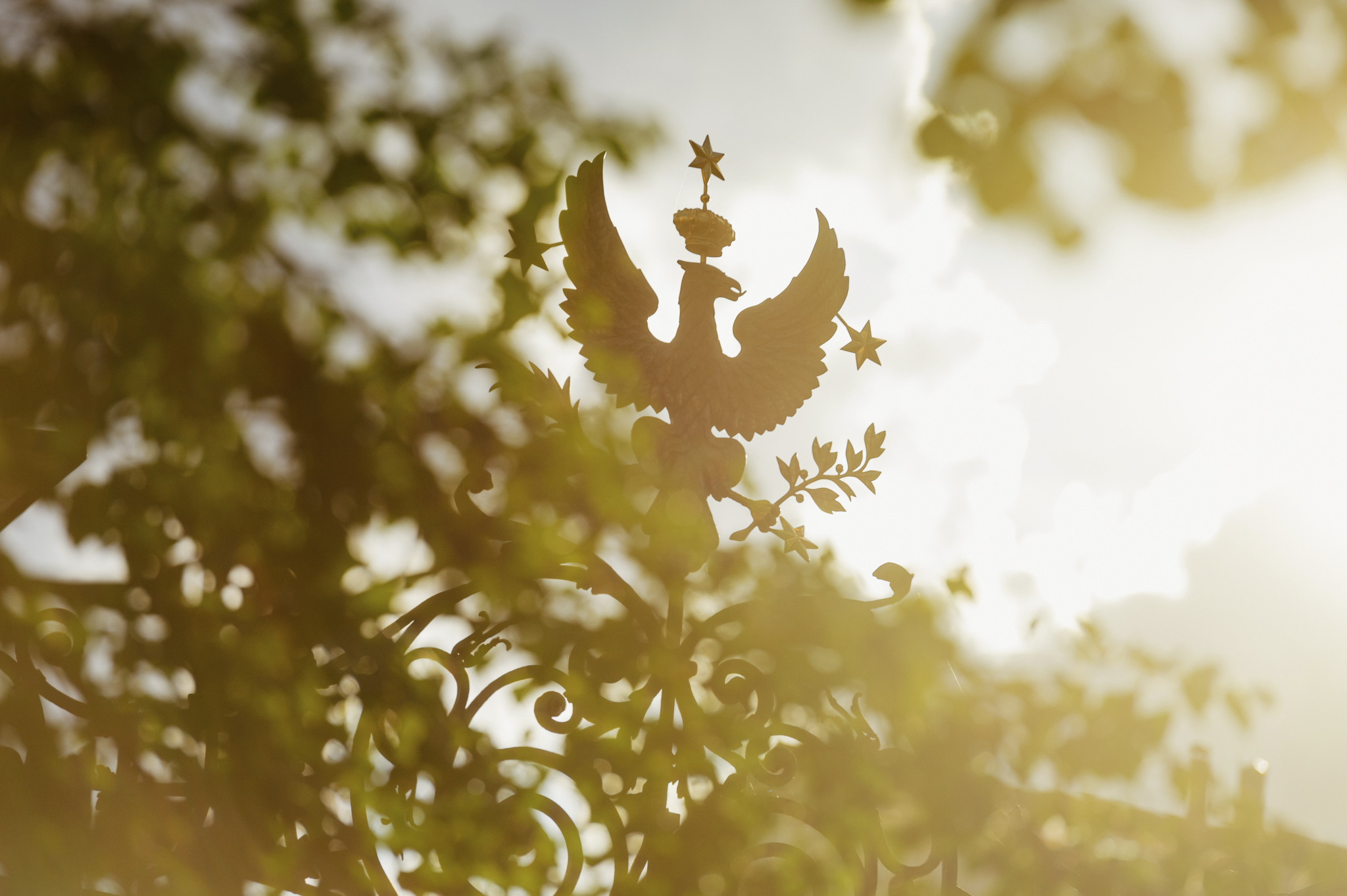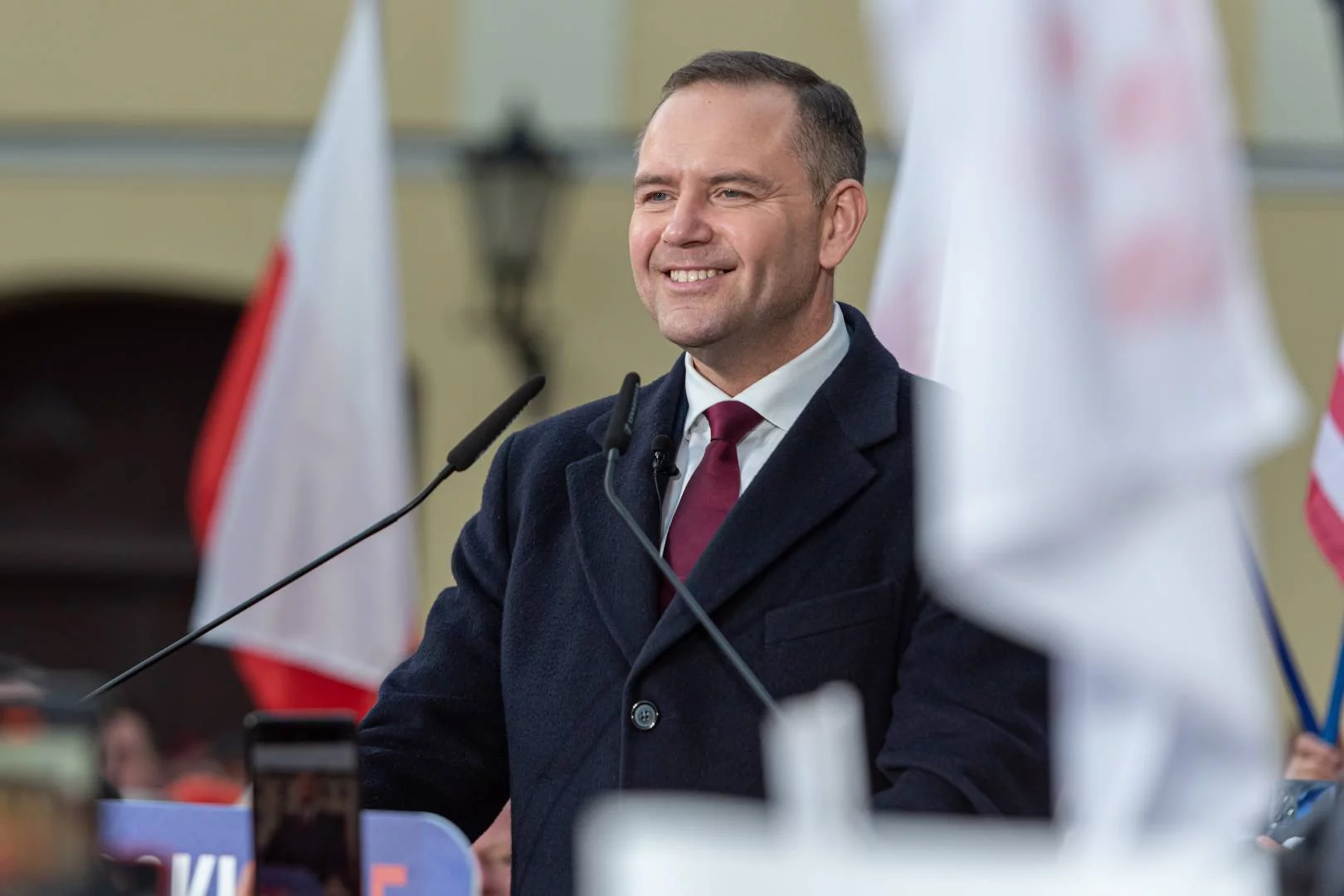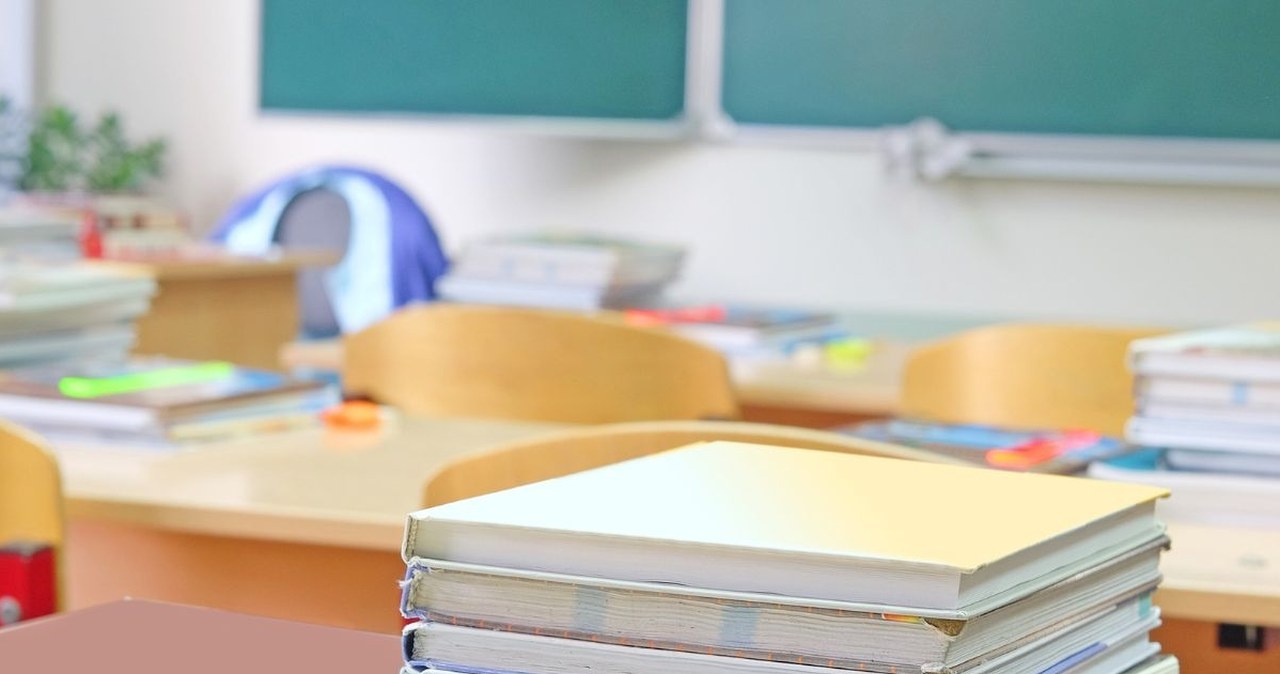“The walls of a university are not a place for political rallies”
– Alyaksandr Lukashenka, during a gathering with students of Belarusian State University, the largest in the country, in 2021.
Many saw the headlines in the media about the stolen elections, the unprecedented scale of protests, and political repression in Belarus during the summertime and autumn of 2020. There was besides coverage about the regime’s complicity in Russian aggression against Ukraine following the start of the full-scale war. Recently, however, western media attention on Belarus has diminished, which by no means indicates that the most serious political crisis in the past of independent Belarus is close to resolution. More than 4 years have passed since the 2020 presidential elections, but the repression has not stopped for a single day. The results are the following: over 1,300 political prisoners; tens of thousands of people subjected to political persecution, many for liking posts from independent media, donating to human rights organizations, or supporting Ukraine; more than 1,500 liquidated NGOs; and much more. Yet strengthening authoritarian tendencies in Belarus have affected more areas of public life than it might first seem, and they are no little crucial than politics and the NGO sector. In this article, I would like to focus on the trends observed in Belarusian education and academia over the past fewer years, their causes, and their impact on young people.
Even before the changes brought about by 2020, Belarus did not rank advanced in the global index of academic freedom, which includes factors like Freedom to investigation and Teach, organization Autonomy, and Academic and Cultural Expression. Scholars at hazard noted a steady decline in academic freedom levels in independent Belarus: from 0.6 in 1994 to 0.19 in 2019 and 0.03 in 2022, placing Belarus in the bottom 10 percent of all countries covered, where it continues to stay in 2024. Nevertheless, it was after the stolen 2020 elections that the level of freedom in Belarusian education and academia began to decline even more rapidly. In addition to students and professors continuing to face persecution for any form of criticism or dissent against the authorities, the following trends stand out: ideologization and monopolization, militarization, and attempts to halt the brain drain among young people.
Controlling campuses and minds
The ideologization and monopolization of education serves respective purposes, but the most crucial is to tighten control over the minds of young people. First, the authorities initiated the mass closure of private schools and universities. After a law regarding licencing came into effect in 2022, private schools are required to get a peculiar licence to proceed their activities, which, according to Education Minister Andrei Ivanets, must strictly comply with legislation. More than 20 private schools failed to meet this requirement, and only six were allowed to proceed operating. Moreover, the authorities have been “inspecting” private educational centres that prepare students for university admission. any of these inspections have resulted in politically motivated criminal cases. As for universities, just a couple of weeks over the summertime it became known that the University of Law and Social Information Technologies and the Institute of Entrepreneurial Activities would be closed, and the Institute of Parliamentarism and Entrepreneurship will no longer accept fresh students. respective 1000 students were forced to transfer to state universities, and professors had to find fresh jobs.
Perhaps the main subject of ideological force in fresh years has been the events of 2020. They were even included in the fresh 11th-grade past textbook, alongside another events from the country’s fresh history. According to Andrei Ivanets, the 2020 events are presented as a state coup and are mentioned alongside the All-Belarusian People’s Assembly, a quasi-parliamentary structure reminiscent of the CPSU Central Committee in its effort to imitate direct democracy. The education minister added that the book contains not only facts but besides evaluations of the events.
There are even more “creative” methods of influencing young people. Since 2020, any universities have practiced alleged “mobile trials” of students on political charges as a tool for intimidation and moral force on their peers. For example, in 2023, an 18-year-old student from Baranovichi State University was tried straight on campus for “insulting the president” under a criminal article. After the trial, the prosecutor gave a speech about “responsibility for extremist actions”. At Belarusian State Technological University, more than 30 students were tried in front of their peers and parents, allegedly for “promoting Nazi symbols” in chat messages; at least 2 students were sentenced to administrative arrest. There are besides known cases of akin public detentions of students on charges related to drug distribution.
The authorities are not even attempting to hide the goals of ideologizing and tightening control over education and academia and their connection to the 2020 protests. Lukashenka regularly underlines the importance of patriotic education for Belarusians, especially youth, stating that teachers in schools and universities are liable for shaping the “moral character of the nation”. another officials echo him, specified as the erstwhile head of Lukashenka’s administration and Parliamentary talker Igar Sergeenka, claiming that students are not patriotic adequate and are influenced by “internet technologies”. According to him, this is partially due to the failure of university professors, as ideological work should be done there to influence the plans and values of Belarusian youth. erstwhile Education Minister Igar Karpenka even called private schools “strongholds of colour revolutions”. These words are spoken amid claims by Belarusian propaganda about the request to “preserve the country, peace, and stability”. As both government ideologues and Lukashenka himself have repeatedly stated, this was achieved in 2020. Preventing something like the 2020 protests, in which Belarusian students actively participated, is not always mentioned straight as 1 of the main reasons for these trends, but it is easy to read between the lines.
This mindset leaves no area for anything another than the intensification of authoritarian tendencies in Belarusian education. Trials and arrests in university halls seem barely exaggerated if Lukashenka himself has publically and repeatedly spoken of orders to “cleanse” his political opponents. There is no request to effort to unify the curriculum of state and private universities if the second group is not able to enroll fresh students, and those who are already studying will be transferred to state institutions. Moreover, in addition to vice-rectors for ideological work, who have existed in all Belarusian state university long before the 2020 protests, after the protests, many universities saw the appointment of alleged vice-rectors for security, tasked with monitoring the behaviour of students and faculty workers, identifying and dismissing disloyal individuals, and promoting patriotism. In another words, to intensify the ideological force at the universities and the state’s monopoly in education. Attempts to put as much effort into the patriotic education of young people as possible sometimes scope absurdity. For example, student organizations at the country’s largest university were not allowed to celebrate Valentine’s Day last year due to the fact that it is simply a western vacation unrelated to Belarusian culture. The issue of prohibiting Halloween celebrations was even addressed at the Council of Ministers, as part of efforts to prevent the promotion of events that contradict conventional Belarusian values.
Preparing for war
The next trend is the militarization of Belarusian education. Despite its close connection with ideologization, especially after the start of Russia’s full-scale aggression against Ukraine, I believe it deserves separate mention. Peace, meaning the absence of military conflicts, political and economical stability, and dealing with the dangers of fast change, has long been 1 of the main narratives of both Belarusian propaganda and Lukashenka himself. In a sense, it is part of his election agenda. These themes gained even more attention after the Revolution of Dignity in 2014, which provided a clear and close example of the consequences of specified extremist changes. But after the 2020 protests and the start of the full-scale war in 2022, Lukashenka’s rhetoric, as well as Belarusian propaganda, in the context of preserving peace in Belarus, became more aggressive. There is simply a increasing discussion of global instability, the hostility of the West and NATO, peculiarly neighbouring Poland, and the necessity to prepare for a war that Belarus does not want but in which it is ready to defend itself. The necessity of a military and political alliance with Russia is besides stressed, so that the country can “stand firm” against external threats. For example, in May, during appointments in the State safety Committee, Lukashenka noted “attempts to impose war on us by sabotage groups” and the preparation by neighbouring western countries of “armed units to invade Belarus”. He was referring to groups of Belarusians like the Kalinouski Regiment, which is fighting as part of the Ukrainian army and aims, among another things, to liberate Belarus from the Russian hybrid occupation. another frequent arguments concerning the West’s hostility include issues surrounding the economical sanctions imposed on Belarus for human rights violations; the forced landing of a Ryanair jet in Minsk in 2021; the migration crisis on the Belarus-EU border; and participation in the war.
Given the current circumstances, it would be amazing if militarization did not affect another areas of public life in Belarus, including education. The primary focus of patriotic education for young people is their readiness to defend the motherland. Here are just any of the steps authorities are taking in this direction. As of September 2024, all Belarusian university students will be required to study a subject titled “military training”. The curriculum includes “basic tactical medicine skills and handling of chemical warfare agents”, among another topics. Schools have introduced the position of “military-patriotic education” curators, and there is now an elective course for advanced school students within their English language studies that evaluates their ability to translate “conversations or interrogations of prisoners of war”. Additionally, since 2021, alleged “military-patriotic clubs” have been established, affiliated with the army or another military units, as well as “military-patriotic groups” in schools. As of 2024, there are dozens of specified organizations engaged in teaching children skills like shooting, first aid, martial arts and more. The Education Minister Ivanets has called for the creation of specified groups in all school. Patriotic activities are even held in kindergardens, where prosecutors occasionally visit to tell children about the investigation into the “Genocide of the Belarusian People during the large Patriotic War of 1941-1945”, a criminal case that, by a amazing coincidence, was revived right after 2020.
To sum up, militarization is affecting all levels of Belarusian education, from kindergartens to universities. A fresh gathering between Lukashenka and students of method universities, during which he asked them to aid make a “high-precision, interference-resistant missile”, while the rector of 1 of the universities stated that work is already underway, shows that even discipline and academia are becoming militarized.
Halting brain drain
Finally, there are efforts to prevent the emigration of young people, peculiarly those planning to survey at abroad universities. The exact number of Belarusian students abroad is unknown. In Poland, the heart of the Belarusian diaspora, there were 12,000 in 2022, and there are at least as many in Russia. However, in fresh years, the Belarusian authorities have created respective obstacles for students who want to survey outside Belarus. First, in 2023, Belarus changed its military service law. Previously, Belarusian men could be granted a temporary draft exemption for enrolling in any university for the first time, but now studying abroad is no longer grounds for this. Second, Belarus is the only country in Europe where the practice of mandatory occupation placement after graduation, known as “distribution”, is inactive in effect. Graduates are assigned jobs where they must work for 2 years. any appreciate this thought as a way to support young professionals, while others see it as an unnecessary part of the russian past. What is crucial is that this distribution presently applies only to graduates who studied on a state-funded basis. However, since last year, both Lukashenka and the education ministry have spoken of, first, extending the distribution period and, second, applying it to all students, including those who pay for their education. Many students choose fee-based education precisely to avoid mandatory occupation placement. Additionally, any Belarusian students view the practice as inefficient. Negative experiences include being assigned to tiny towns, sometimes against their wishes, even erstwhile they have agreements with another companies.
Those planning to survey in Poland face additional challenges. In 2022, Belarus withdrew from an agreement with Poland on the common designation of higher education diplomas. As a result, Polish universities began requiring Belarusian applicants to supply additional papers for the nostrification (validation) of diplomas and certificates. For example, applicants now need a paper confirming the legality of their school certificate. Previously, this paper could be obtained without any problems, but in May there were reports of mass refusals by the ministry of education to issue this certificate. Officially, the ministry refers to a 2010 decree that does not mention this certificate as 1 of the issued documents. any applicants besides face difficulties obtaining another papers from Belarus that are required by the Polish side.
This summer, Polish president Andrzej Duda signed amendments allowing for the designation of Belarusian diplomas without the engagement of the Belarusian education ministry. Previously, this option was available only to a limited group, specified as refugees. However, this did not completely solve the problem, as Polish institutions liable for nostrification (Kuratorium Oświaty) began requiring certificates confirming that Belarusian pre-university exams were taken “no more than 2 years ago”. This exam can only be taken erstwhile a year in Belarus, which makes it impossible for applicants who fear persecution in case they return. As a result, dozens of young people are now incapable to get any of the required papers to prosecute education in Poland. Various groups among the Belarusian democratic forces and youth NGOs have been working on resolving this issue for respective months, but despite a number of successful cases, an universal solution has not yet been found by the start of the academic year.
It might seem that the reasons for creating these obstacles for young people are purely ideological. However, in my opinion, the primary origin is the labour shortage in the economy, which has become clear, especially in fresh months. Both Belarusian officials and state tv openly admit the problem. According to official statistics, Belarus is short of 150,000 workers as of 2024. The healthcare sector is among the most problematic, with an authoritative shortage of 6,500 specialists as of March. However, independent sources estimate this figure at 10,000. The actual number may be even higher, considering that 500,000 to 600,000 people have left Belarus since 2020, which is comparable to the population of the country’s second-largest city. Attempts to bring political emigrants back to the country through a alleged “Return Commission”, composed mainly of military officials and propagandists, who grant individual permissions, have so far been far from successful. So why not effort to limit the flow of those who are inactive in the country?
Despite its ideological attachment to the USSR, Lukashenka’s government has historically shown comparatively small interest in restricting the emigration of its political opponents. It cannot be clearly stated that the authorities are starting to do this now: the difficulties Belarusians face erstwhile trying to leave for the EU are more likely due to the limited number of operational border crossings (reduced at the initiative of Belarus’s western neighbors) and issues while trying to receive visas. Nevertheless, the restrictions facing Belarusian students show that, in the context of unprecedented migration, the authorities are reluctant to lose even more young specialists, especially right after they graduate. This is where the ideological component of these restrictions lies. The authorities see students as people who must work for the state that provides their education. “We have a system: you finish university, you don’t work, you are gone! We train specialists in universities – for ourselves,” Lukashenka has said. It means the authorities aim not only to keep young people in the country but besides to increase political control over them, as the state has invested in their education, implying that graduates now owe the state. If they are unwilling to settle this debt voluntarily, they request to be forced to do so.
An uncertain future
In summary, Belarusian education and academia are under expanding force from the authorities. There is no reason to believe that these authoritarian trends will cease. With the government maintaining full control over the situation in the country; the labour shortage; political and financial support from Russia (which helps sustain the economy and proceed repression); the ongoing war in Ukraine; and the request to sale the population the thought of a peaceful yet defence-ready Belarus, as well as represent the country as a reliable ally to Russia; the government has no motivation to change course. Observing the improvement of repression, which is taking on fresh forms and affecting always larger segments of the population, even greater ideological indoctrination, militarization, and control over both educational materials and people in Belarusian education and academia will likely be seen in the future. The Lukashenka government is increasingly moving distant from the classical authoritarian stance of “mind your own business, just stay out of politics”, opting alternatively for control over various aspects of public life and, most importantly, over the minds of Belarusians.
In these circumstances, opportunities for Belarusian students to survey abroad, peculiarly in Poland, stay incredibly important. European authorities, EU institutions, and university administrations should make educational opportunities for these students; consult with the representatives of Belarusian youth and student organizations; take into account possible difficulties in obtaining papers from Belarusian institutions; support the granting of scholarships, especially for those fleeing repression; simplify visa procedures; and facilitate students’ integration into abroad universities. This will give young Belarusians not only the chance to receive a quality education but besides the chance for self-fulfillment and civic participation. These opportunities are frequently lacking in the atmosphere of Belarusian universities. Otherwise, amid Belarus’s partial global isolation, young people will increasingly be forced to orient towards the East. There have already been cases of students from respective universities being taken to events in Russian-occupied territories of Ukraine. Young Belarusians request to see the availability of an alternate model of education, 1 that differs from the Belarusian system, where ideology is becoming more crucial than the quality of education and academic freedom.
Disclaimer – any of the sources utilized in this paper as references are labelled “extremist materials” or “extremist organizations” by the current authorities of the Republic of Belarus. Their retention and distribution can consequence in prosecution under the articles of the Criminal Code of the Republic of Belarus on the country’s territory.
Aliaksei Piatrenka is simply a political discipline postgraduate at the University of Bucharest and a Belarusian youth activist focusing on topics specified as Belarusian education and academic freedom. He is an alumnus of the fresh east Europe Think Tank School and a junior investigator with a Belarusian think tank.













